My 15 minutes, part 1: the written word
I was almost completely ignored by the media for the first three months of the trip. A few blogs gave me some love, and a couple of posts on reddit got a bit of traction, but that was pretty much it. (There was a tentative TV interview request, but I’ll get to that in a future post.)
Everything changed two weeks weeks ago. My trip has now been on major blogs, newspapers, radio shows, and TV shows.
I’ve often wondered how stories like this get noticed in the media. I don’t know if my experience is representative of the general case, but perhaps it can shed some light on the process.
Before the start of the trip, and a few times in the early weeks of it, I sent overtures to travel writers at various newspapers. I played up the “every state, every province” aspect of the journey and barely mentioned the hockey. I got no responses at all, not even “no thank you”; I might as well have been trying to communicate with black holes.
Part of the problem might have been that I was trying too soon. It’s one thing to plan a trip like this, and it’s quite another to show evidence of substantial progress. The other component of the problem was the subject matter.
The more I talked with people, the more I realized that the real hook of the story was the hockey. Driving a lot? Yawn. Playing hockey everywhere? Cool! I had to use that angle.
An overture to a blog seemed like the best approach. Major blogs are very influential these days, and the cost structure of the medium makes them more inclined to take risks on unproven stories. Some searching around showed that the Yahoo Sports hockey blog Puck Daddy was one of the biggest players in the sector, so they became my initial target.
Thus, three weeks ago on September 21, I sent an email to Puck Daddy using the address on their site. In it, I wrote:
Hi Greg,
You know those guys who make a pilgrimage to see their team play in
every NHL arena? That’s simple. I’m taking the hockey-trek thing to
the next level by actually playing in every American state. Plus
every Canadian province (eh!). All as a goalie. It’s the ultimate
hockey road trip.That probably sounds crazy or awesome, but either way, I’m 17,000
miles into it, and there’s more info on the blog I set up for the
trip: http://www.stoppingineverystate.com Any interest in this as a story for Puck Daddy?
Thanks!
Jeff Keacher
Almost a week went by, and I heard nothing. I figured they weren’t interested, so I wrote it off.
Then, on September 26, I got a short note from Sean Leahy, one of the bloggers on Puck Daddy. Did I have time for a phone interview, he asked? Of course I did!
We had a nice conversation on the phone on September 27 while I was in Columbus, Ohio, and two days later, the 1,150-word story he wrote about me hit the intertubes.
The surge was immediate. Thousands of new visitors made their way to my blog. My number of Twitter followers rose dramatically. And the best part: dozens of offers and invitations for playing hockey! I was thrilled.
Later that day, I got emails, blog comments, and tweets from several additional journalists. They had seen the Puck Daddy piece, and they were interested in doing stories of their own. Would I mind some phone interviews, they asked?
Here’s the thing about media interviews: always grant the the interviews. Doesn’t matter if it’s a major TV show or a little blog you’ve never heard of. Do it, and genuinely treat the interviewer like their publication is the most important, most influential news source in the world. It just might be; you never know who reads what or who knows who. If nothing else, be excited: somebody out there actually thinks that you’re interesting enough to tell other people about you — amazing! Or, just do them for the sake of practice. The only cost is time.
I spent several hours that day talking on the phone with journalists, and a few days after that, their stories started to be published.
The most influential of those turned out to be a 750-word feature article by Ken Warren in the Ottawa Citizen. That ended up getting syndicated to a variety of other papers across Canada, including the National Post and Vancouver Sun, for a total daily print circulation in excess of 500,000. The article, in turn, led to more contacts and served as a bridge into TV and radio.
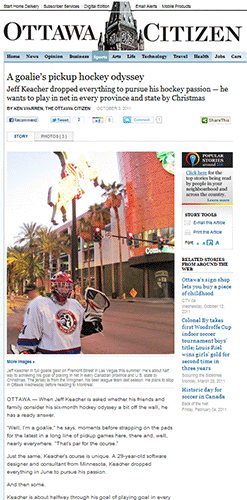
The Ottawa Citizen article, which was widely syndicated. I'm amused by the photo the editors chose. Certainly catches the eye!
I’ve found the timing of the print articles interesting. At first, I expected any articles published to be done only after I had visited the papers’ respective cities. However, the Ottawa Citizen article was published before I reached Ottawa, and the recent article in the Western Star (Corner Brook, Newfoundland) was published on Wednesday, two days before my arrival on the island. I’m not sure why. I do know that the early coverage has proved useful in finding hockey games, so I’m not complaining.
What’s next? The big challenge will be making the jump from the Canadian media to the American media.
Puck Daddy is written mostly by Americans, but the only coverage I’ve had in the traditional media in the States was in a column by Charley Walters in the St. Paul Pioneer Press. It seems like hockey is popular enough at least in the northeastern US to make my trip a compelling story, so the question will be how to sell that south of the border.
Journalists: there’s an opportunity for somebody in the traditional American press to “break” this story. Contact me. 🙂
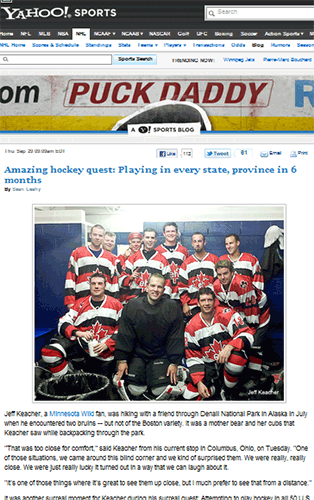
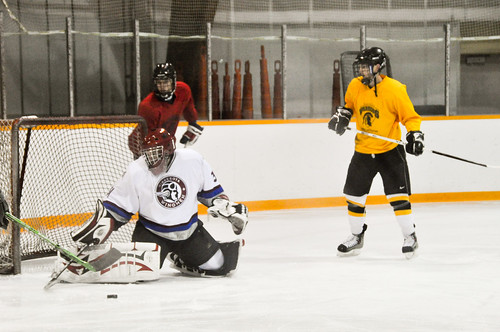
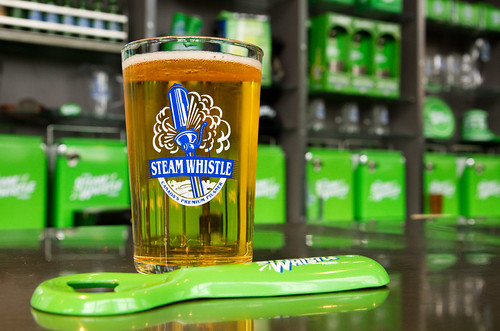
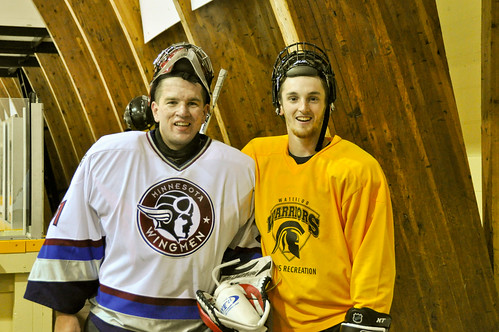

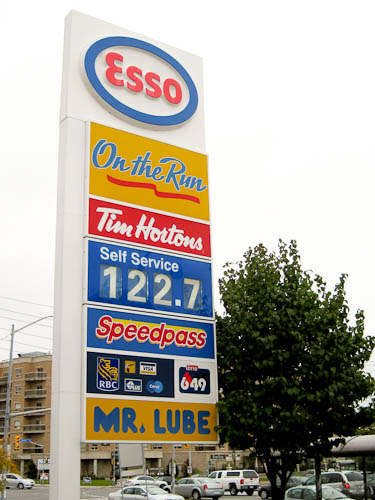
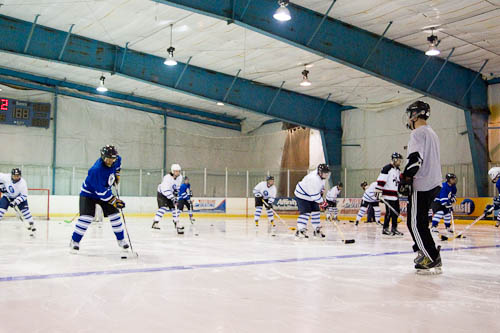
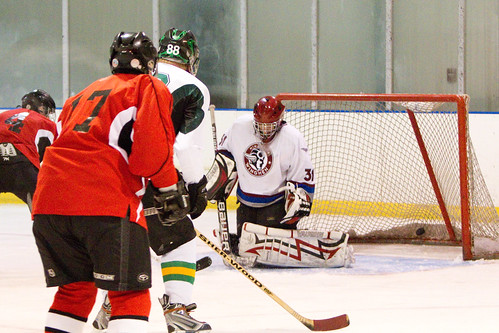
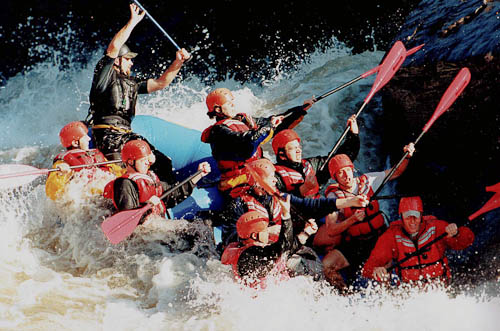
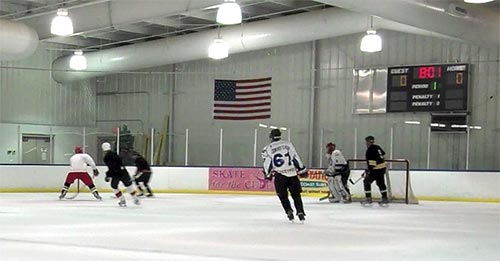


Recent Comments